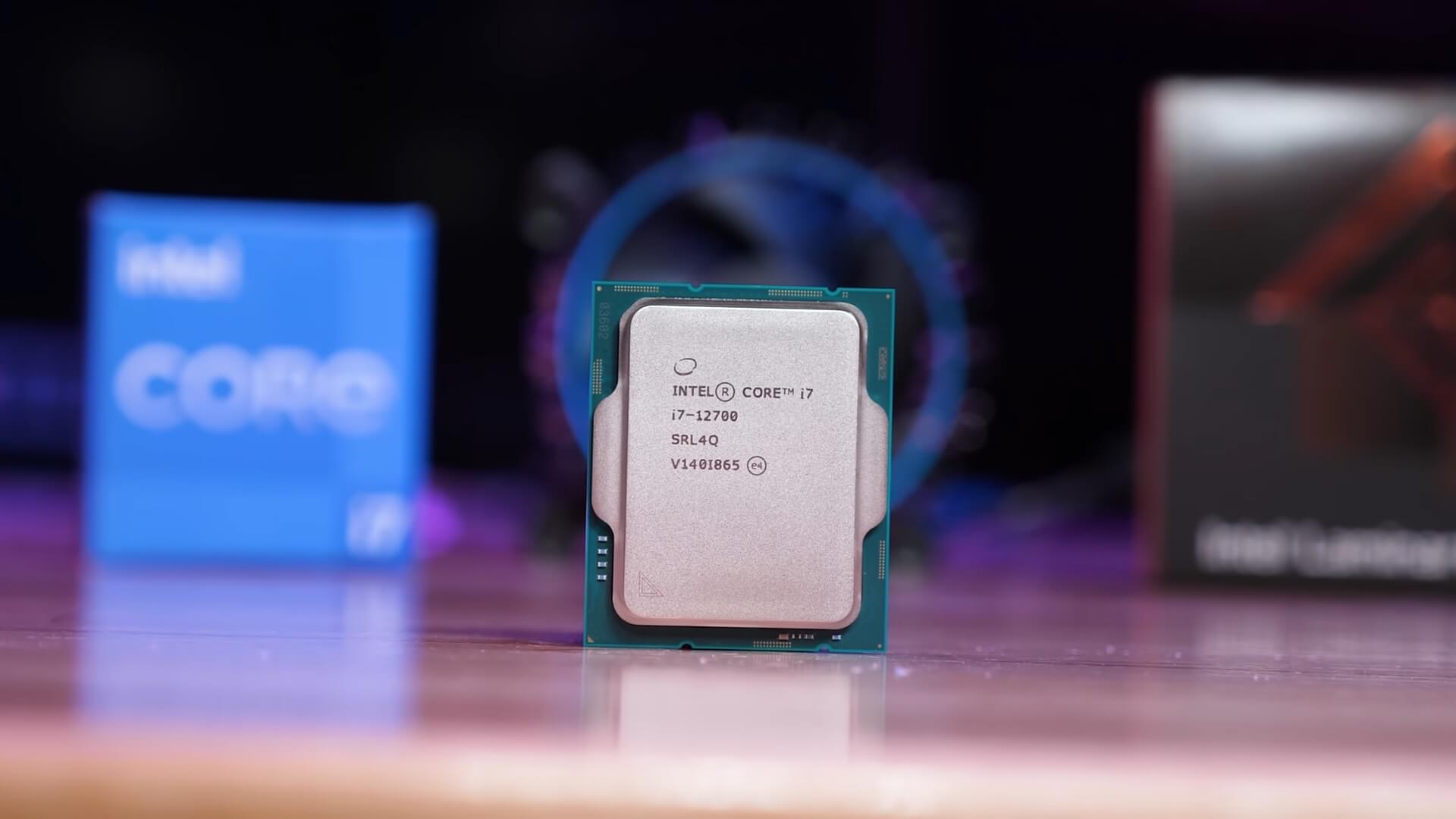Question i5-12600k for After Effects & Photoshop ?
- Thread starter Healer21
- Start date
You are using an out of date browser. It may not display this or other websites correctly.
You should upgrade or use an alternative browser.
You should upgrade or use an alternative browser.
I'd not go with a 12600k for anything. To get value from it requires an OC, which means a Z690 motherboard. You end up paying more with mobo and cooling than for a 12700 with decent B660, for generally worse performance, especially at a production level.
As for gpu, lack of one will require all rendering, encoding, compiling etc be done by the cpu instead of more normal gpu, so it's possible to do so, but means inability to do anything else simultaneously.
As for gpu, lack of one will require all rendering, encoding, compiling etc be done by the cpu instead of more normal gpu, so it's possible to do so, but means inability to do anything else simultaneously.
12700 Without gpu will After effects be slow while editing and all.I'd not go with a 12600k for anything. To get value from it requires an OC, which means a Z690 motherboard. You end up paying more with mobo and cooling than for a 12700 with decent B660, for generally worse performance, especially at a production level.
As for gpu, lack of one will require all rendering, encoding, compiling etc be done by the cpu instead of more normal gpu, so it's possible to do so, but means inability to do anything else simultaneously.
12700 is faster in pretty much everything compared to a 12600k, games or production. The 12600k has only one advantage, (if you want to call it an advantage) and that's the ability to OC.
Once you do OC it, you'll be up around the 12700 level in gaming, and maybe close in production, depending on the software. Some software responds well to higher clocks and IPC, some responds better to thread count.
All in all, the 12600k was semi-useless, the 12400 was almost as fast and almost as capable and the 12700 was overall better for the same cost.
Using software with a gpu render, the cpu isn't used much, so you can still do other office work or websurf with no/little delay or affects to the render since it's in the gpu. Using software with a cpu render, it can easily absorb every thread, leaving little to no room for any other use, and any attempts at such run the risk of contamination to the render.
So yes, even a 12700 can run slower in a cpu render, but it's going to take less time than a 12600k would, especially if it's a thread count type software, the extra 4 threads will make an overall difference.
Once you do OC it, you'll be up around the 12700 level in gaming, and maybe close in production, depending on the software. Some software responds well to higher clocks and IPC, some responds better to thread count.
All in all, the 12600k was semi-useless, the 12400 was almost as fast and almost as capable and the 12700 was overall better for the same cost.
Using software with a gpu render, the cpu isn't used much, so you can still do other office work or websurf with no/little delay or affects to the render since it's in the gpu. Using software with a cpu render, it can easily absorb every thread, leaving little to no room for any other use, and any attempts at such run the risk of contamination to the render.
So yes, even a 12700 can run slower in a cpu render, but it's going to take less time than a 12600k would, especially if it's a thread count type software, the extra 4 threads will make an overall difference.
I'm planning on building a pc with an i5-12600k
Can I run After Effects and Photoshop properly without buying a graphics card ?
Will buy one in the future, not now.
Also any good budget air cooler for the i5-12600k?
PugetBench benches Adobe apps.
You can peruse various submitted configs at the link below and see the results.
That specific app (After Effects) does not appear to rely on GPU, there are iGPU benches showing > performance that systems with 3070 and same CPU.
I searched for 12700F to filter out the 12700K, and the 12600K benchmarks submitted were beating the 12700F by about 10%.
Must be single or low thread count limited as the clock on 12600K is faster than 12700.
https://www.pugetsystems.com/benchm...tion=after+effects&specs=12700F#results-table
Hard to say. Both have equal E-cores, where something like that could run, depends a lot on the scheduler, if it needed the P-cores instead. A 100Hz difference in single thread speeds doesn't amount to much overall. And doesn't seem to make any use of the 12700's larger Lcache either.Must be single or low thread count limited as the clock on 12600K is faster than 12700.
Why_Me
Titan

Intel Core i7-12700 + Intel B660 Review
Today we have a combo review of all-new Intel hardware, our first look at the affordable Intel B660 platform, the non-K Core i7-12700 and Intel's latest box...
 www.techspot.com
www.techspot.com
Hard to say. Both have equal E-cores, where something like that could run, depends a lot on the scheduler, if it needed the P-cores instead. A 100Hz difference in single thread speeds doesn't amount to much overall. And doesn't seem to make any use of the 12700's larger Lcache either.
I had to think about this, since I thought 12600K had higher boost at default and turns out it does not.
Then a small epiphany.
12700 is, by default, TDP 65W. 12600K is, by default, 125W.
So if you just pop the CPU in and do no tweaking on a mid range motherboard (not the high end stuff they review with like Maximus and Apex, more like Asus Prime or Gigabyte UD and so on) - or have an OEM rig - the CPUs will stick right around their TDP.
This is probably what those results represent, they are what typical consumer users would see.
And in that setup, the 12600K will keep its max 4.9Ghz stock clocks much better than the 12700 on multi-core workloads - almost 100% of the time in fact. The 12700 will throttle down after 7 seconds to maintain 65ish watts.
So you were "mostly right" in your original post.
12700 is > 12600K if you increase the power limit of the 12700 via the BIOS or utility like Intel's XTU.
If that isn't done, then the 12600K @ 125W default is quite a bit better (>10%) in those applications than the 12700.
FWIW you can cool these at up to 150W with a cheap $25 cooler and some decent thermal paste like the Gammaxx 400V2.
This was interesting because, if someone ask 'which is faster' for a generic OEM or low end system out of the box and they're not going to tweak it at all, it would actually be the 12600K.
TRENDING THREADS
-
Question Unfamiliar with asus pci release mechanism, maybe broke it, card stuck?
- Started by usr1235
- Replies: 12
-
-
-
Question Weird artifacting issue on Asus ROG Strix XG49VQ monitor ?
- Started by B17King
- Replies: 7
-
Discussion What's your favourite video game you've been playing?
- Started by amdfangirl
- Replies: 4K
-
-
News Introducing the Tom’s Hardware Premium Beta: Exclusive content for members
- Started by Admin
- Replies: 43

Space.com is part of Future plc, an international media group and leading digital publisher. Visit our corporate site.
© Future Publishing Limited Quay House, The Ambury, Bath BA1 1UA. All rights reserved. England and Wales company registration number 2008885.
